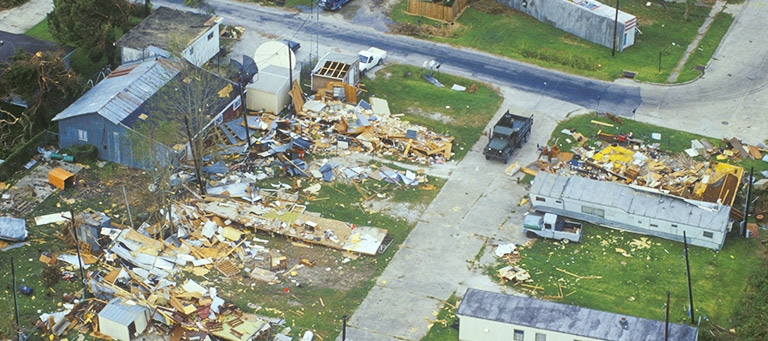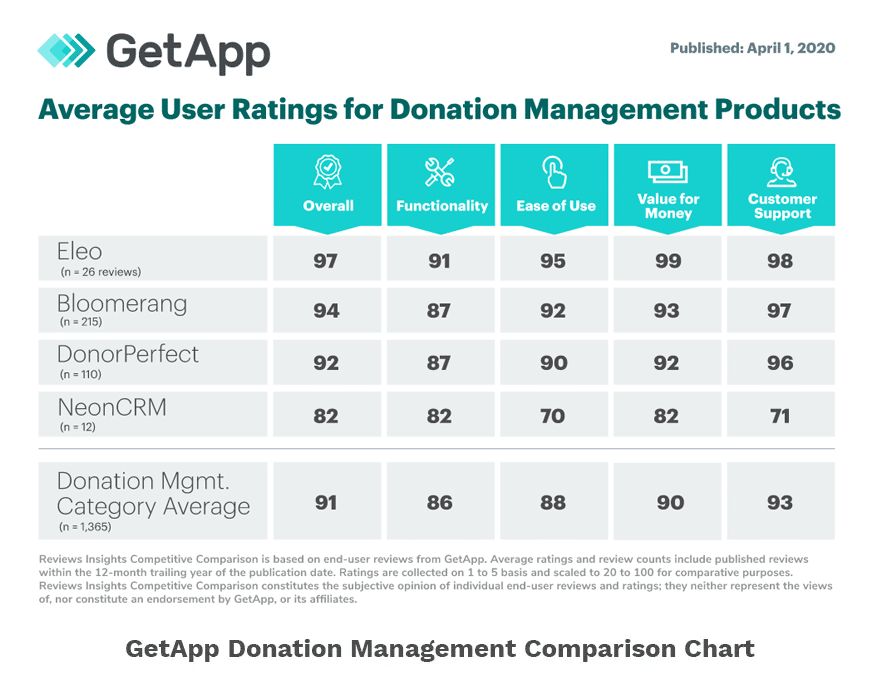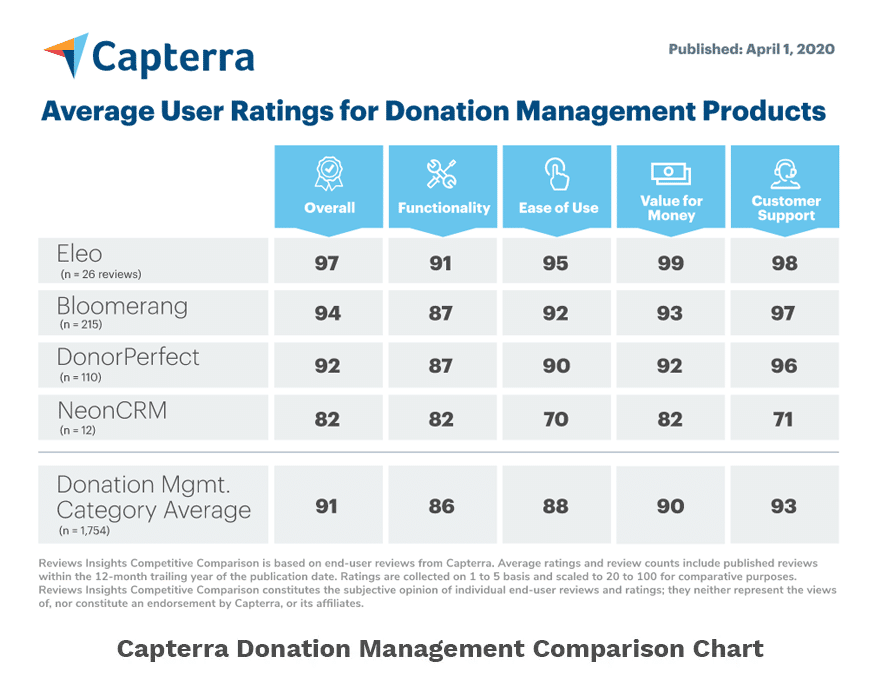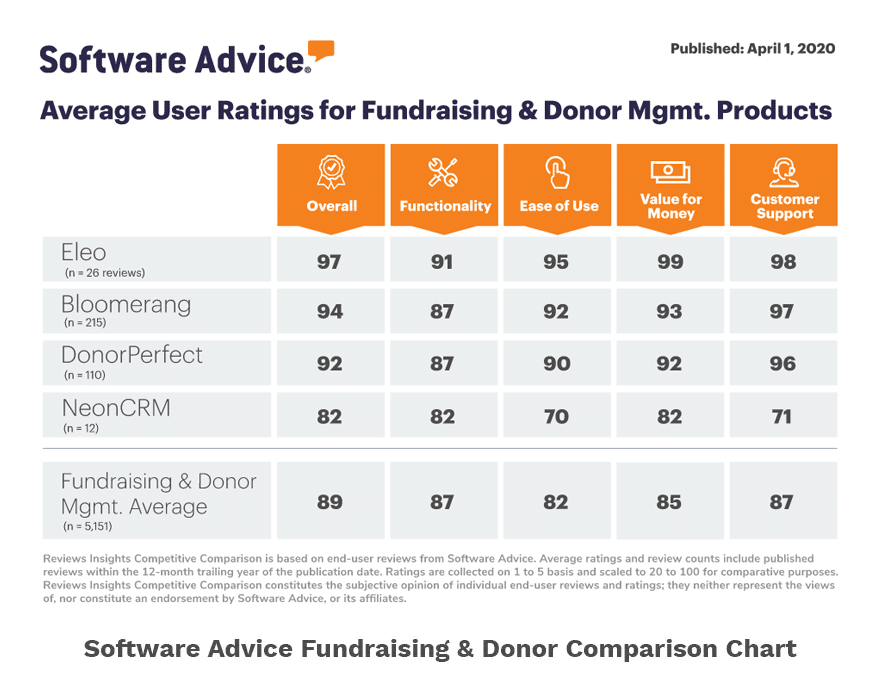
In the previous article, we discussed five steps small nonprofits can take to improve their crisis management plan. This article focused on internal crises, which can involve everything from a data breach to a flooded building to the death of a board member.
But what happens if there’s an external crisis – an emergency that affects the people or groups who benefit from your fundraising and programs? In times of crisis, how does a small nonprofit raise money or collect essential supplies and deliver services to those in need as quickly as possible?
Let’s discuss how your small nonprofit should respond to an external crisis in a way that enables you to make a bigger difference!
1) Remove Suspicion of Fraud
Unfortunately, disasters bring out criminals who run phony fundraising campaigns and disappear with the money. While nonprofits typically have strong relationships with the communities they serve, it’s important to provide specific information when asking for gifts – organization name, website or Facebook page, contact information, and official identification, like your 501(c)(3) nonprofit number provided by the IRS.
2) Possible vs. Practical
When faced with a crisis that’s directly tied to your mission, you may be tempted to get aggressive with your fundraising. However, it’s important to focus on what’s practical, not just what’s possible.
For example, if families in a different part of the country or world are forced from their homes because of a natural disaster, you can collect clothing, nonperishable foods, and personal care items, but you’ll have to package and ship them. The more practical option is to raise money and let a local nonprofit handle the collection and distribution of items, which will be faster and less expensive.
3) Communicate Strategically
When responding to a crisis, temporarily pause emails and social media posts about your nonprofit’s other programs. Focus on the urgent situation.
Share the facts. Provide updates about the situation on the ground. Be a resource of information to your donors and supporters across all your communication platforms. As funds are raised and distributed, show how your efforts are helping. This not only keeps donors in the loop, but also provides accountability by conveying that you’re following through on your plan.
Lastly, give major donors a little extra attention! Pick up the phone and speak with them. Answer their questions. Listen to their feedback on the crisis. Discuss together the importance of their gift at this difficult time. This will show how much you value their partnership and dedication to achieving the goals and mission of your organization.
4) Be Specific About Your Fundraising
What is your fundraising plan? How are you raising money? How much do you need and why do you need it? What is the deadline? How exactly will donated funds and goods be used?
Be specific about your plan, your goals, and what you need to achieve them. Don’t be shy about asking for large gifts when the need is urgent! Ask for specific donation amounts to fund specific initiatives and be prepared to explain the reasons for those requests.
5) Collaborate with Other Nonprofits
Responding to a crisis is an “all hands-on deck” situation, but that doesn’t mean you should immediately launch a GoFundMe page or use some other crowdfunding technology to maximize giving. Be aware, some platforms keep a percentage of money raised and it can take a long time to transfer funds to those who need them.
Instead, work with other small nonprofits and combine resources! Amplify your email and social media outreach. Collaborate on fundraising strategies. If your nonprofit is in the same area as an emergency, serve as the point of contact for out-of-area nonprofits that want to help.
Fundraising and internal and external communication can be managed and tracked through your donor database. To learn more about how Eleo donor management software can help you respond effectively to a crisis, contact us today and schedule a free demo.







